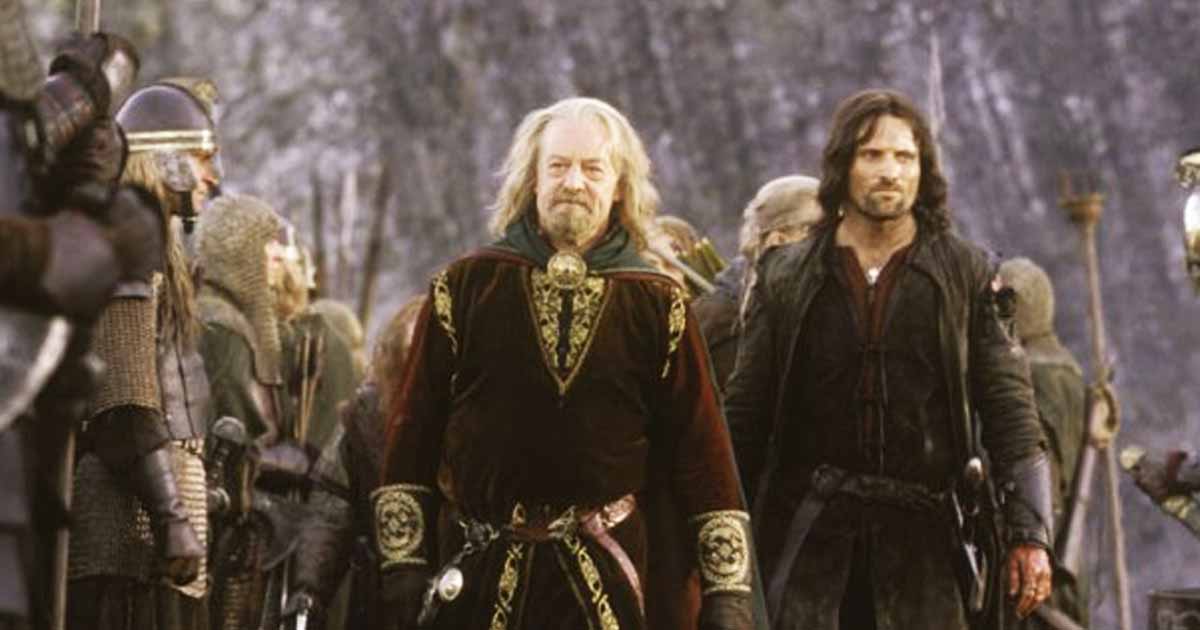
J.R.R. Tolkien’s The Lord of the Rings trilogy is filled with unforgettable characters and grand moments. However, only a few storylines resonated with fans as much as King Théoden’s redemption and the fate of Rohan. His journey from a manipulated, broken ruler to a fearless warrior king was a highlight of The Two Towers and The Return of the King. One of the most iconic moments of his arc came when Aragorn urged him to seek aid from Gondor, only for Théoden to bitterly respond, “Where was Gondor when the Westfold fell?”
Despite his personal animosity, Théoden answered Gondor’s call at Pelennor Fields, proving himself a noble and honorable king. But why was he so resentful? The tension stemmed from Rohan’s own tragedy of Saruman’s brutal assault on the Westfold. Gondor’s absence during this catastrophe left Théoden bitter, and fans have long debated whether his anger was justified or if Gondor had legitimate reasons for not intervening.
Was Gondor Too Occupied With Sauron’s Forces To Move Armies To Westfold?
The fall of the Westfold happened during The Lord of the Rings but largely off-screen. While Frodo and the remaining Fellowship traveled down the Anduin, Saruman launched a vicious assault on the Fords of Isen, a crucial defensive point between Isengard and Helm’s Deep. Rohan’s prince, Théodred, led the defense but was ultimately slain, leaving Rohan weakened ahead of the larger war to come. A second, more decisive attack followed soon after, and with no reinforcements arriving, the Westfold was lost.
Trending
Théoden’s anger toward Gondor stems from this defeat, but was Gondor truly to blame? The reality is more complicated. First, Rohan never formally asked for help. Théoden, under the influence of Wormtongue, was isolated and inactive during this time, unaware of the full extent of the danger. Secondly, even if Rohan had called for aid, Gondor was fighting its own desperate battles. Forces were stretched thin defending Osgiliath against Sauron’s growing shadow, with Nazgûl and orc armies constantly threatening their borders. Simply put, Gondor had no spare forces to send.
Distance was another obstacle. Even if Gondor had been able to send troops, they wouldn’t have arrived in time to make a difference. Théoden’s resentment was more about grief. He had lost his son, his people had suffered, and in his mind, their supposed allies had abandoned them. However, when the time came, Théoden rose above his pain. When Gondor called for aid at The Lord of the Rings’ Battle of Pelennor Fields, he did not hesitate. Leading the Rohirrim in their legendary charge, he upheld the honor of Rohan and led his forces against the dark forces of Sauron.
For more such stories, check out TV updates!
Must Read: Friends Fans Spot Major Ross Blunder, Did He Forget Who Took His V-Card?
Follow Us: Facebook | Instagram | Twitter | Youtube | Google News



 Follow Us
Follow Us









